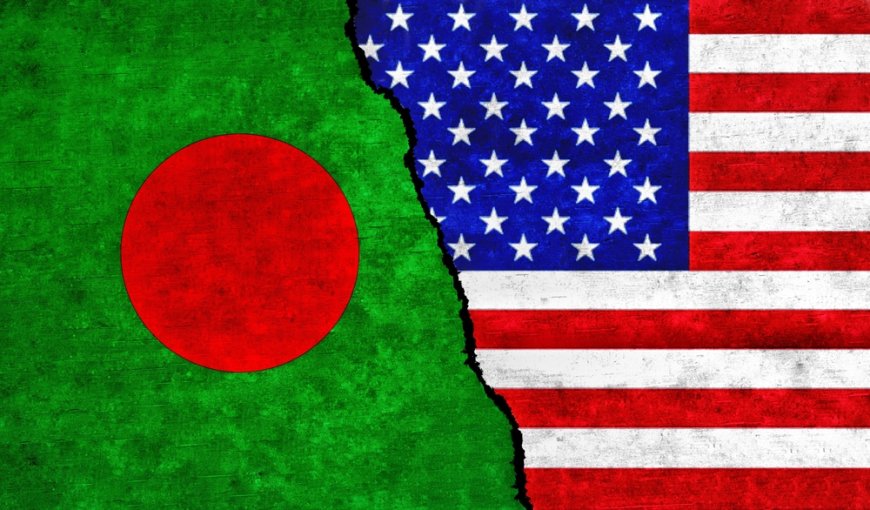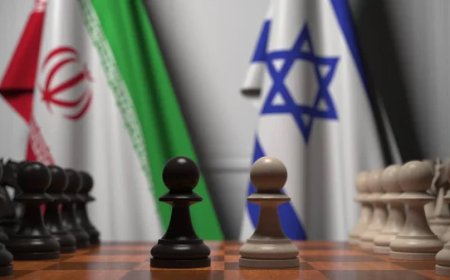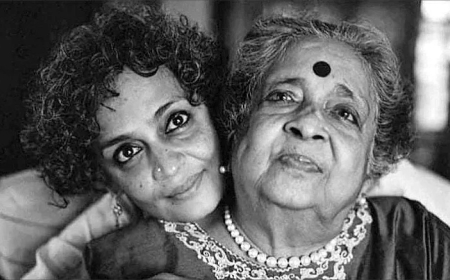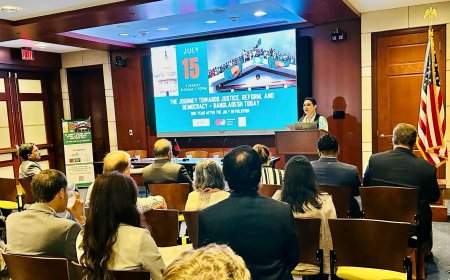The Ties That Bind
The United States and Bangladesh were both born of a war of independence that pitted ordinary men and women against the might of a formidable army. This spirit was renewed in Bangladesh one year ago and shared responsibility will always be the backbone of true strength.

It was America's 249th birthday a few days ago. Amongst modern nation states, it is a respectable age.
We are more than 40 years older than Mexico, our neighbour to the south. Our neighbour to the north, Canada, is almost a 100 years younger, if I count from the confederation in 1867.
Of course, none of us can really compare to England, which has had a descendant of William the Conqueror as its monarch since 1066 (excluding the Cromwells), making it a magisterial 959 years old.
On this July 4th, I am reflecting on the balance that Americans seek between individual liberty and collective purpose.
The thirteen colonies that became our nation were built on a revolutionary idea: that people could pursue their own dreams while still standing together for something greater than themselves. This wasn't just political theory -- it was tested under fire.
At Lexington and Concord, a group of farmers and tradesmen faced the world's most powerful army. The British military machine had conquered vast territories across the globe, wielding superior training, equipment, and discipline that had made them nearly invincible. The 8,000-10,000 British soldiers stationed in North America were battle-hardened veterans who had dominated battlefields from Europe to India, supported by the world's most powerful navy.
Against this formidable force stood colonial farmers and tradesmen. Not professional soldiers, but individuals with their own lives, families, and aspirations. But they had trained together on village greens and made commitments to one another that transcended their individual interests. The concept of the minutemen (citizen-soldiers ready to fight at a minute's notice) wasn't just about military readiness -- it was about neighbours promising to stand together when liberty was threatened.
When the moment came, they stood shoulder to shoulder for hours against impossible odds, not because they had to, but because they chose to -- and because they had prepared together. That spirit, the marriage of individual courage and collective commitment, is what we need today. In our polarized time, we can honour both our personal ambitions and our shared responsibility to one another.
The farmers at Lexington understood something we must remember: true strength comes not from choosing between individual freedom and community, but from embracing both.
This same lesson was understood by the protesters of the July Uprising. “Sir, if we shoot one, just one falls, but the rest don’t run away,” the terrified police officers could be heard pleading to the then-Home Minister.
That is the power of unity infused by individual ideals. The present freedom all of us are currently enjoying, and looking forward to for many years to come, was won by, and can only be defended by, the same spirit.
What's Your Reaction?



















































































